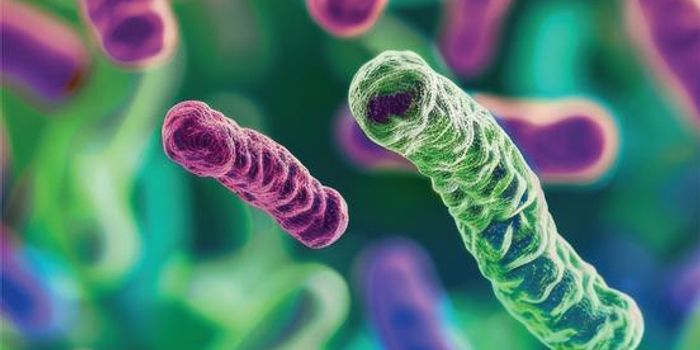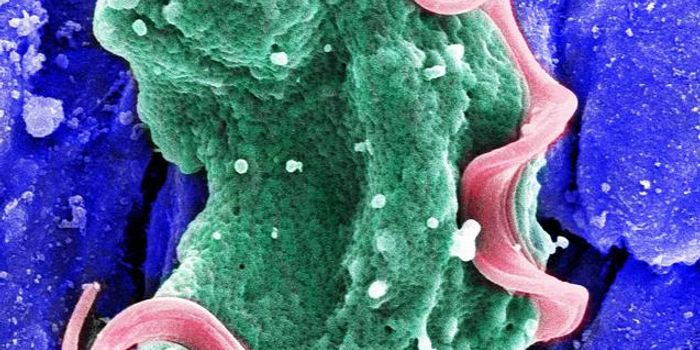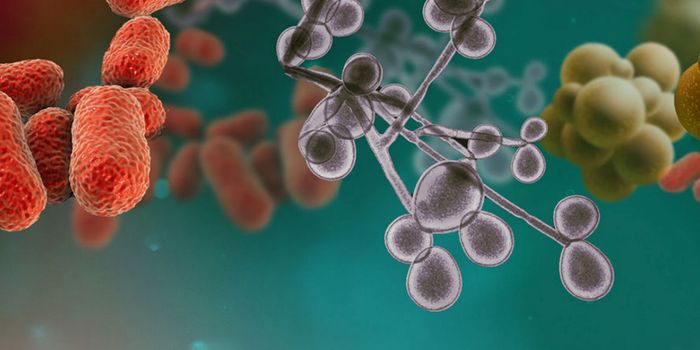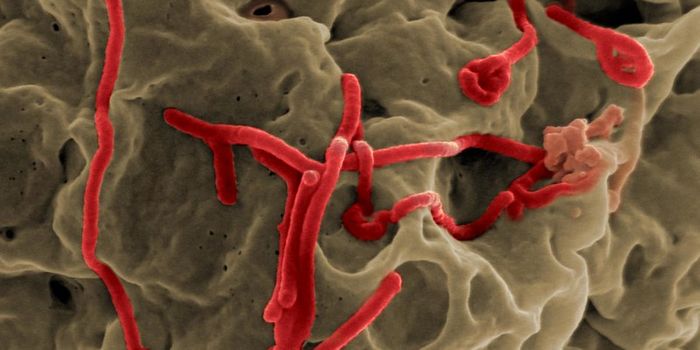Severe H5N1 Prevented in Monkeys with Antibody Therapy
The highly pathogenic avian influenza H5N1 has killed millions of birds around the world, and has spread to humans in some relatively isolated cases. The virus is not (yet) able to spread from one infected person to another; but direct contact with an infected bird can spread the infection to humans. Experts have become increasingly concerned as more and more animals and people are affected, there are ever increasing chances that this virus will adapt to infect humans more readily. As such, scientists have been looking for vaccines and preventative measures as well as potential treatments for H5N1 that can be used in people.
Researchers have now identified a broadly neutralizing antibody treatment that can protect monkeys infected with avian influenza from getting a severe illness. The findings have been reported in Science.
The antibody recognizes a part of the avian influenza structure that is thought to be stable and not likely to mutate; thus, the antibody will hopefully maintain efficacy even as the virus may evolve and change.
"This type of prevention can be very useful in controlling infection outbreaks and containing the bird flu pandemic," said co-corresponding study author Douglas Reed, PhD, associate professor of immunology at the University of Pittsburgh.
"In our testing, the antibody performed beautifully. The antibody could be useful as a prophylactic of severe disease in vulnerable populations, and it also helped us establish the testing threshold for antibody levels in blood, which would be useful for judging the immune protection generated by a universal flu vaccine."
Influenza viruses can change quickly, which is part of the reason why the seasonal flu vaccine changes every year. But by targeting a more stable, unchanging region of H5N1, the researchers hope to avoid that problem.
"This antibody is targeting a region that does not vary across different influenza viruses," added co-corresponding study author Simon Barratt-Boyes, PhD, a professor at Pitt.
When the monkey model was treated with moderate levels of the neutralizing antibody prior to flu infection, severe infection and death was prevented in all of the monkeys.
The antibody also appears to be safe, with minimal side effects. It also remains stable for eight to twelve weeks, meaning that it could be useful protection for health care providers who might be on the front lines of an H5N1 outbreak or pandemic.
Sources: University of Pittsburgh, Science









